
Care for your Gerbil (The Official RSPCA Pet Guide)
¥25.21
Mongolian gerbils have been kept as pets in Britain only since 1964. The first breeding pairs arrived in that year, intended as laboratory animals, but their qualities as delightful pets soon became obvious. They rapidly became established as one of the most successful pets ever introduced into this country, especially for families living in homes which are not suitable for larger animals.
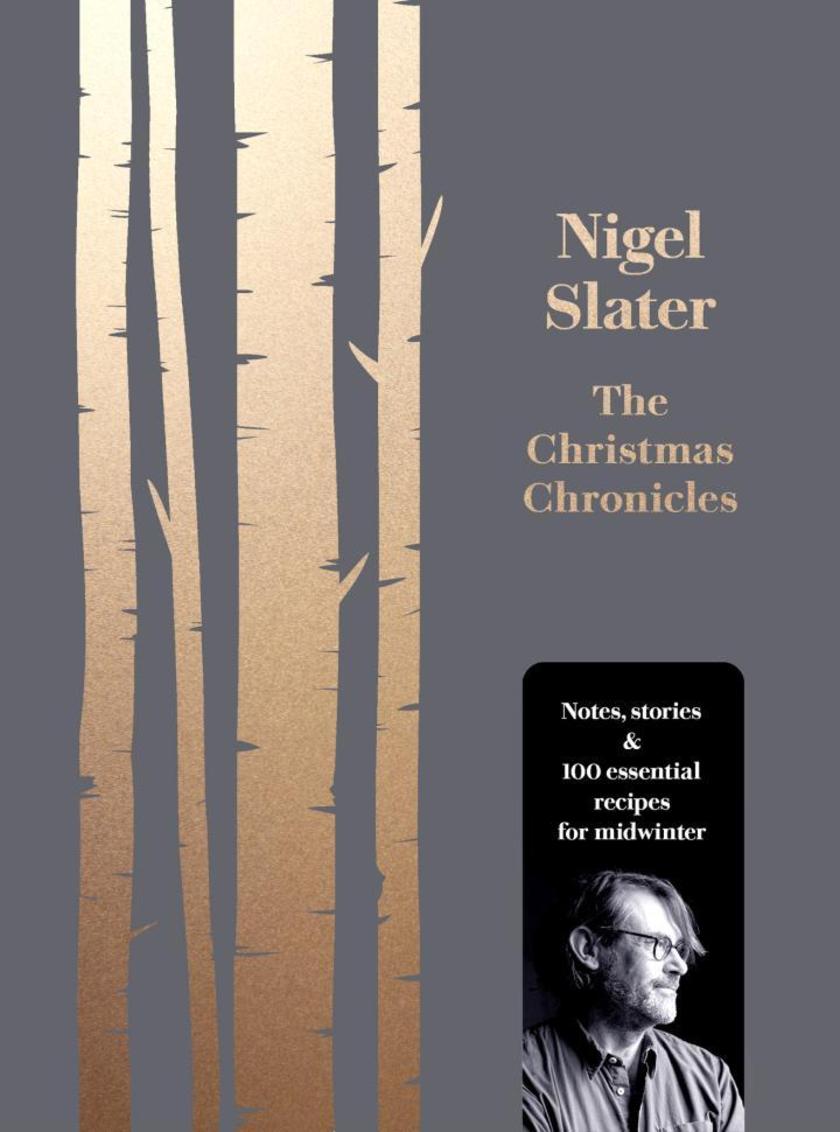
The Christmas Chronicles: Notes, stories & 100 essential recipes for midwinter
¥190.80
Nigel Slater is the author of a collection of best-selling books and presenter of BBC 1's Eating Together, Simple Cooking and Dish of the Day. He has been food columnist for The Observer for over twenty years. His books include the classics Appetite and The Kitchen Diaries and the critically acclaimed two-volume Tender. His award-winning memoir Toast – the Story of a Boy's Hunger won six major awards and is now a BBC film starring Helena Bonham Carter and Freddie Highmore. His writing has won the National Book Awards, the Glenfiddich Trophy, the André Simon Memorial Prize and the British Biography of the Year. He was the winner of a Guild of Food Writers' Award for his BBC 1 series Simple Suppers.
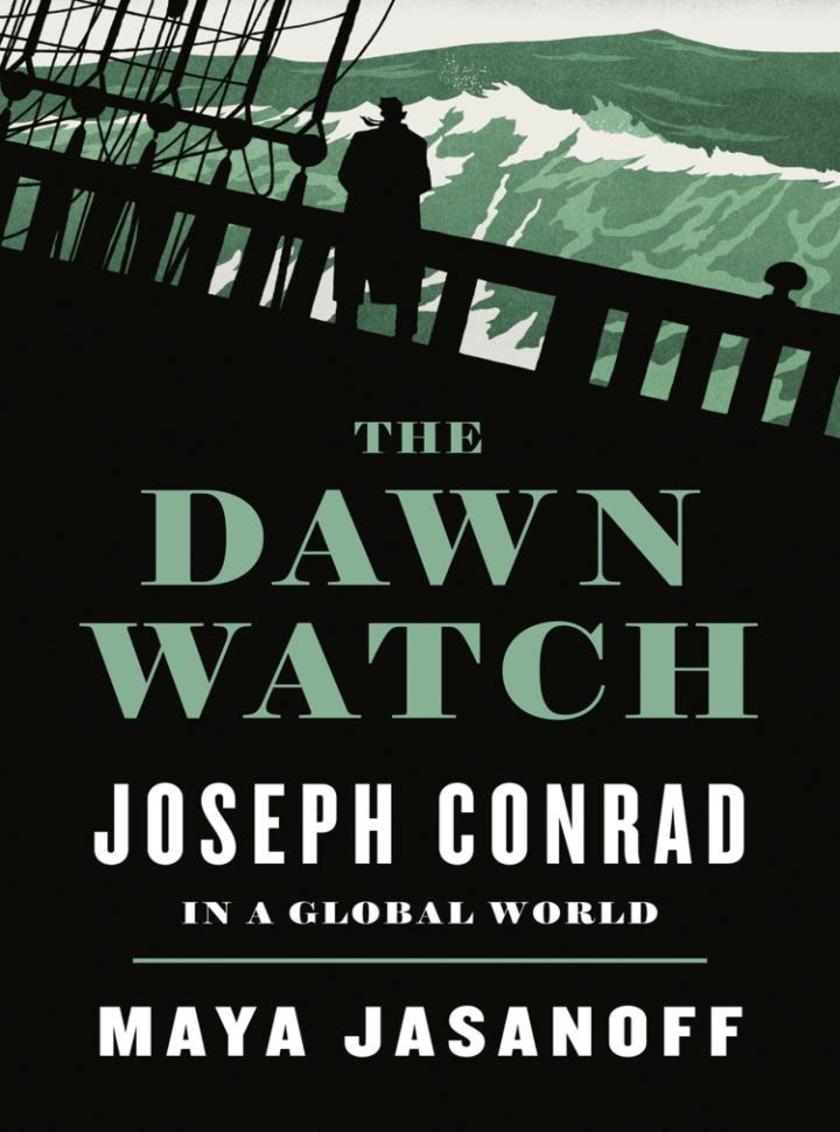
The Dawn Watch: Joseph Conrad in a Global World
¥73.58
Maya Jasanoff is Coolidge Professor of history at Harvard University. Her first book, Edge of Empire, was awarded the 2005 Duff Cooper Prize and was a book of the year selection in numerous publications including the Economist, Guardian and Sunday Times. Her second, Liberty’s Exiles was shortlisted for the 2011 Samuel Johnson Prize (now Baillie Gifford). A 2013 Guggenheim Fellow, Jasanoff won the prestigious 2017 Windham-Campbell Prize for Non-Fiction. Her essays and reviews appear frequently in publications including The Guardian, The New York Times, and The New York Review of Books.

Kindness: The Little Thing that Matters Most
¥73.58
‘Urgently needed – rugs.’ That was the message that started everything. I was searching online for second-hand furniture, when I came across the plea for help. It was a Wanted ad placed by a woman who sounded desperate. I emailed her and was heartbroken by what I learned. She needed the rugs to cover her broken floor so her young children wouldn’t cut their feet. She was a single mum who had fled a horrifying domestic situation and was starting all over again with nothing. I wanted to help her, and I was sure that if others knew about her, they would want to help, too. So I spread the word among my friends and family, and household goods soon started pouring in.I delivered everything to her one afternoon – piles of bedding, furniture, kitchenware, clothing, toys and some gift vouchers. I will never forget the look on her face when she opened the door. She was in complete shock that people she didn’t even know would be willing to help her. This was a woman very much in need of kindness, and strangers helped her feel loved when she needed it the most.
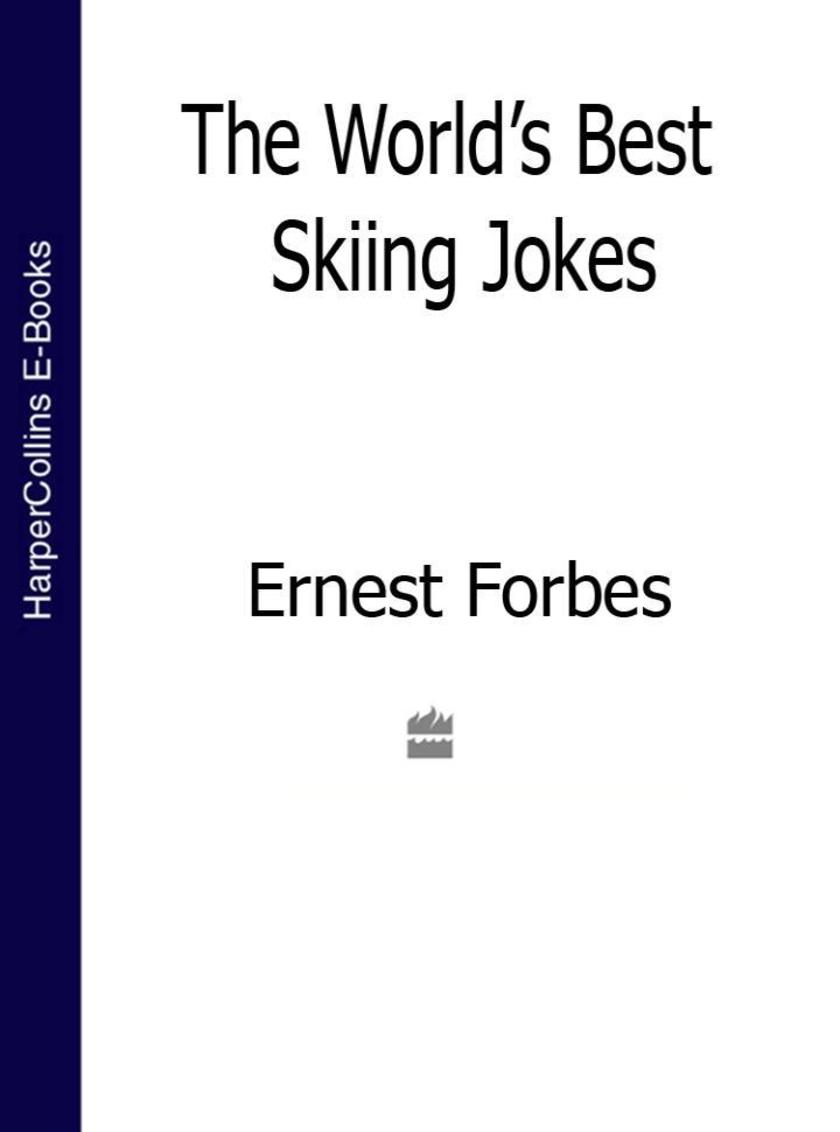
The World’s Best Skiing Jokes
¥18.93
‘Why the hell did you write that insurance policy for a 96-year-old man going on a skiing holiday?’ shouted the manager at the travel clerk.‘Well,’ said the clerk, ‘I checked the records and no one of that age has ever had a skiing accident.’The skier came to a stop at the end of the run and threw his poles, hat and gloves to the ground as he snorted in disgust, ‘I’ve never skied so badly before!’‘Oh,’ probed an interested instructor, ‘you mean to say you’ve skied before?’

101 Charadas
¥7.63
E se você pudesse?passar o tempo e também exercitar o cérebro ao mesmo tempo? Divirta-se com essa cole??o com as melhores 101 charadas para você passar o tempo?e?botar a cachola para pensar.

A garota da janela
¥8.18
Um rapaz apaixona-se por uma linda garota ruiva que aparece na janela de um sobrado. Um conto fantástico e de mistério.
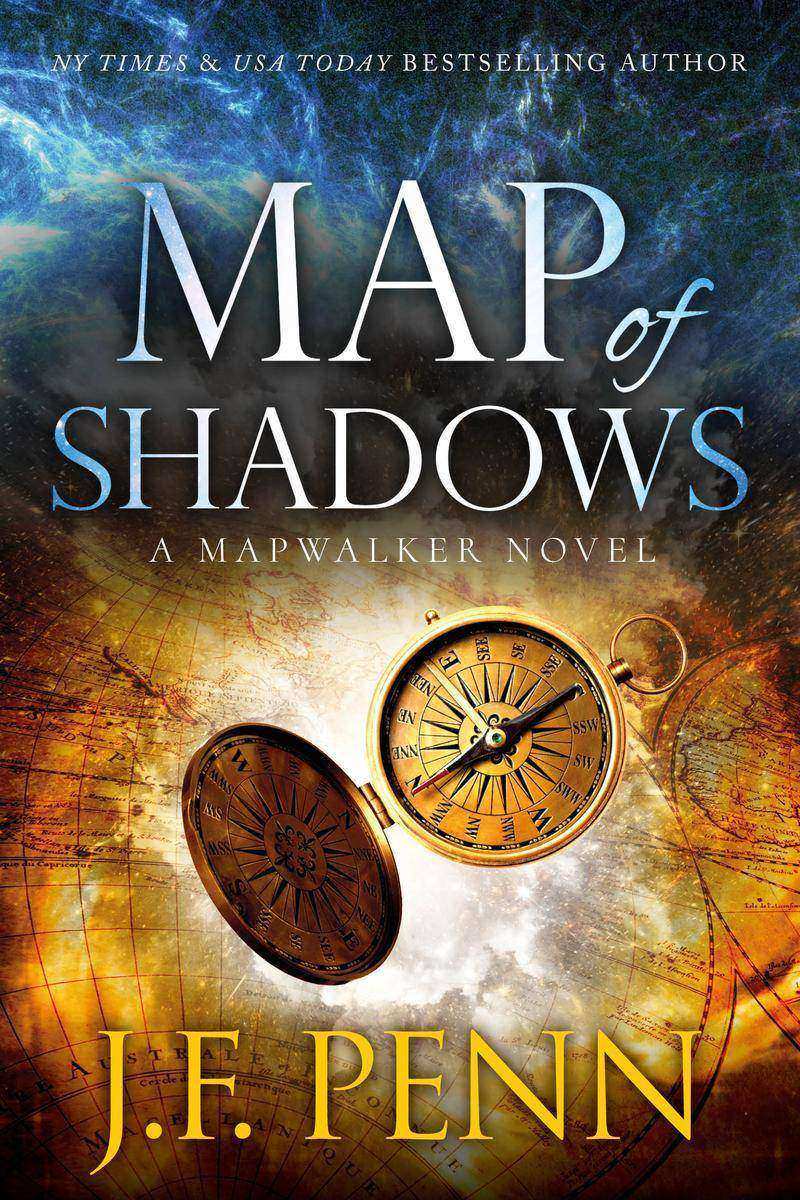
Map of Shadows
¥40.79
A map of skin etched in blood. A world under threat from the Borderlands. A young woman who must risk the shadows to save her family. When her Grandfather is murdered under mysterious circumstances, Sienna Farren inherits his map shop in the ancient city of Bath, England. Once there, she discovers that her family is bound up with the Ministry of Maps, a mysterious agency who maintain the borders between this world and the Uncharted. With the help of Mila Wendell, a traveller on the canals, Sienna discovers her own magical ability and a terrifying place of blood that awaits in the world beyond. But when she discovers a truth about her past and the Borderlands begin to push through the defences, Sienna must join the team of Mapwalkers on their mission to find the Map of Shadows – whatever the cost. In a place written out of history, a world off the edge of the map, Sienna must risk everything to find her father … and her true path as a Mapwalker. This dark fantasy novel is the first in the new Mapwalker series. Download a sample or buy now!
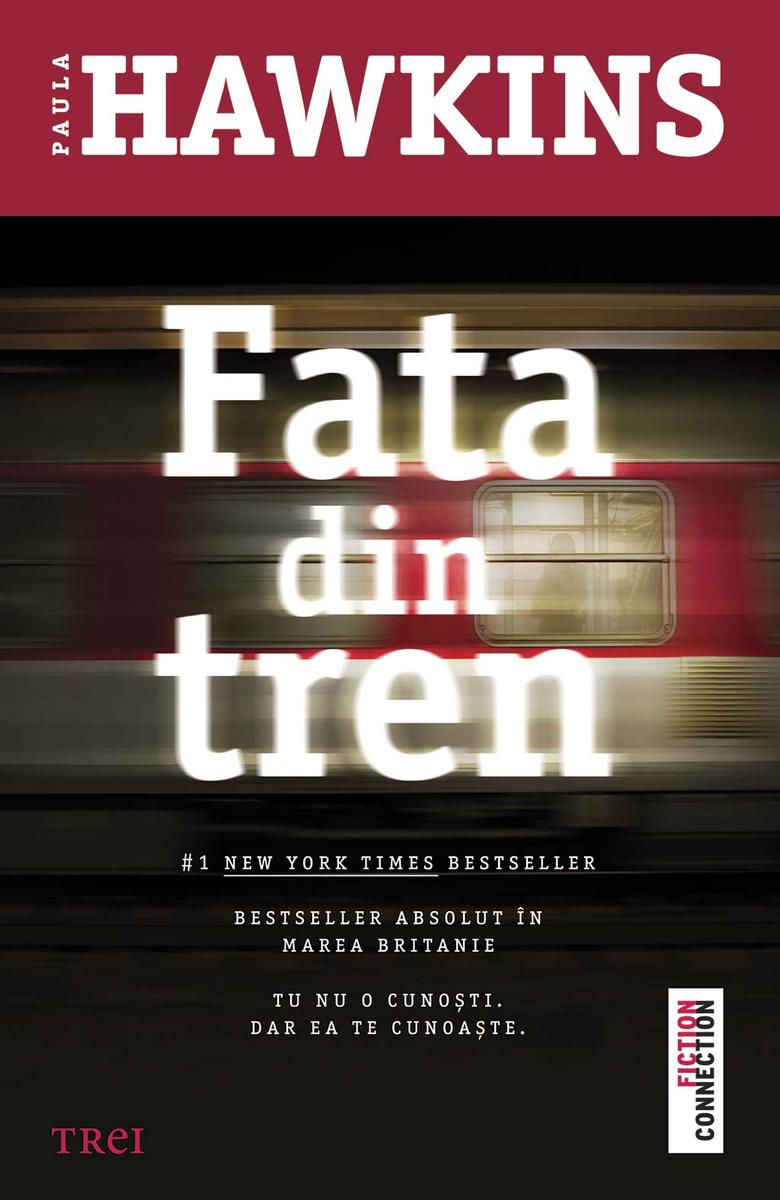
Fata din tren
¥73.49
#1 New York Times BestsellerBestseller absolut icircn Marea BritanieTu nu o cuno?ti.Dar ea te cunoa?te.Peste 1,8 milioane de exemplare vacircndute icircn doar patru luni, icircn Statele Unite. Rachel merge icircn fiecare diminea?? cu acela?i tren. ?tie c? va a?tepta la acela?i semnal defect, timp icircn care va urm?ri ritualul de diminea?? al unui cuplu ce locuie?te icircntr-o cas? de lacircng? calea ferat?. I-a botezat bdquo Jess ?i Jason; ?i via?a lor i se pare perfect?. Pacircn? cacircnd icircntr-o zi vede ceva ce o ?ocheaz?. Totul se schimb? ?i Rachel are ?ansa de a lua parte la vie?ile pe care le-a observat doar de pe margine. Misterios ?i pasionant Fata din tren este un thriller de prim? macircn?, care te face dependent de viciul cititului. S.J. Watson, autorul bestsellerului Icircnainte s? adorm. Fata din tren este un roman de suspans remarcabil. M-a ?inut treaz o noapte icircntreag?. Stephen King Cu siguran?? va atrage nenum?ra?i fani ndash; The New York Times Precum trenul care o poart? pe Rachel icirc;n fiecare zi, povestea ?erpuie?te printre vie?ile anoste din suburbiile Londrei, iar cititorii o vor urm?ri cu sufletul la gur?. The Boston Globe Dac? ?i-a pl?cut Fata disp?rut?, vei devora acest thriller psihologic: icirc?i va schimba pentru totdeauna felul icircn care prive?ti vie?ile celorlal?i. People Dac? nu e niciun tren care s? mearg? icircn sensul opus ?i dac? mergem suficient de icircncet, cacircteodat? pot s?-i z?resc, pentru o clip?, pe terasa casei lor. Dac? nu, a?a cum se icircnt acircmpl? azi, mi-i icircnchipui. Jess ?ade cu picioarele ridicate pe masa de pe teras?, cu un pahar de vin icircn macircn?, Jason e icircn spatele s?u, cu macircinile pe umerii ei. Icircmi imaginez atingerea macirc inilor lui, greutatea lor, senza?ia de siguran?? ?i confort. Uneori m? surprind icircncerc acircnd s?-mi amintesc cacircnd am avut parte ultima dat? de atingerea real? a unei persoane, de o icircmbr??i?are din tot sufletul sau de o stracircngere de macircn?, ?i simt cum mi se fracircnge inima.

The Doctor’s Kitchen: Supercharge your health with 100 delicious everyday recipe
¥115.56
Dr Rupy Aujla is a practising GP in London. Trained at Imperial College London, his aim is to be the leading voice in how nutrition can heal and improve health. He is one of twenty global ‘I Quit Sugar’ experts, regular Doctor on BBC Asian Network’s Noreen Khan show with half a million listeners, Men’s Health Recipe Creator and Doctor, TEDxNHS Speaker, Huffington Post, Shortlist, Stylist, Metro contributor as well as leading nutrition websites including Nutritionfacts.org. Dr Rupy is developing The Doctors Kitchen social presence on You Tube, Instagram and Twitter.

Serious Survival: How to Poo in the Arctic and Other essential tips for explorer
¥115.56
Marshall Corwin is producer of the BBC TV series and has been on every expedition, so has first-hand experience of organising expeditions and living in far-away places.

Arcadia: England and the Dream of Perfection (Text Only)
¥81.03
Adam Nicolson is the author of many books on history, travel and the environment. He is the winner of the Somerset Maugham Award, the British Topography Prize and the WH Heinemann Award. He lives on a farm in Sussex. This is his fith book for HarperCollins – his previous four being ‘Men of Honour’, ‘Sea Room’, ‘Power and Glory’ and ‘Seamanship’.
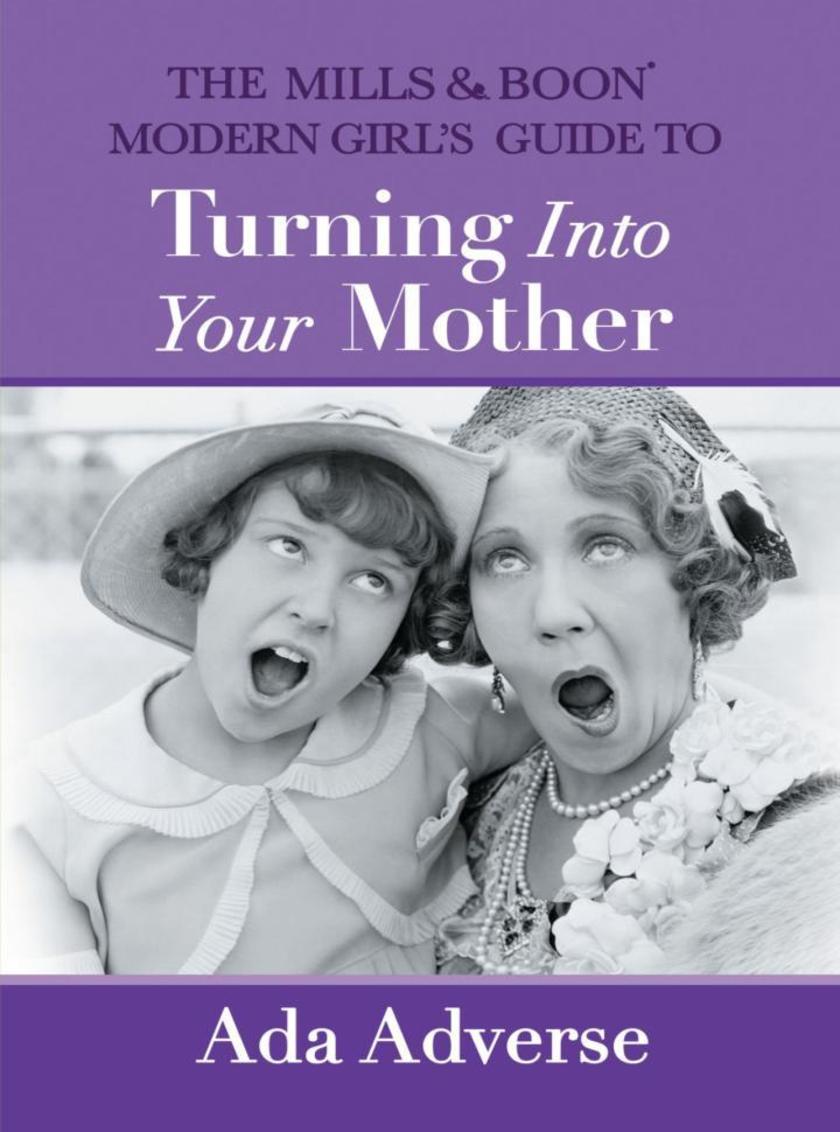
The Perfect Mother's Day gift for mums who have it all
¥51.50
Ada Adverse was brought up in a deeply puritanical household where looking at a cake or using words containing more than one vowel were considered decadences punishable by a night in the coal cellar. But at fifteen she ran away from home and is now the world’s leading authority on Having Fun, which is definitely an actual job, she has ‘Fungineer’ printed on her business cards to prove it, though in retrospect she should have been more clear that this does not mean she specialises in mushrooms. Ada’s hobbies include topiary, mazes, homing pigeons, flea circuses, forming imaginary bands in her head, embalming things, tattoos, pylons, and the films of Billy Wilder. Ada’s dislikes include predatory mcaws, getting out the wrong side of the bed, collections of masks, and porcelain dolls with realistic teeth.
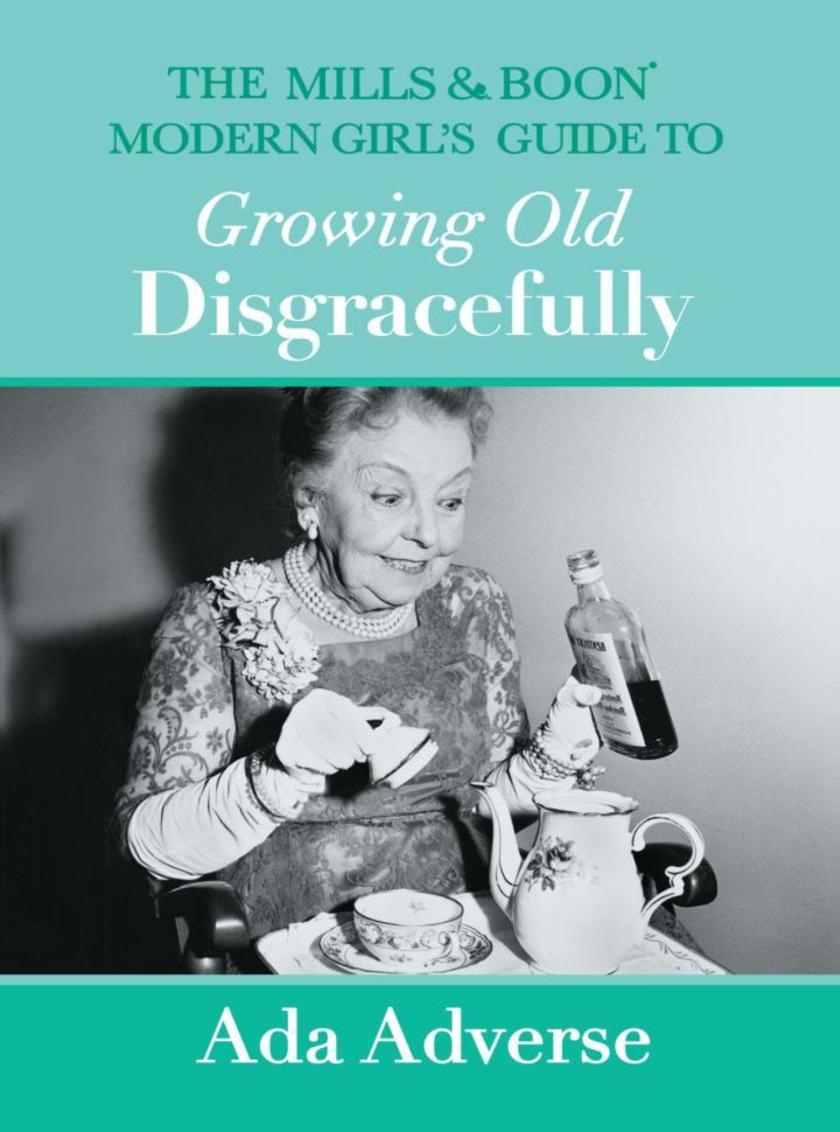
The Mills & Boon Modern Girl’s Guide to Growing Old Disgracefully
¥51.50
Ada Adverse was brought up in a deeply puritanical household where looking at a cake or using words containing more than one vowel were considered decadences punishable by a night in the coal cellar. But at fifteen she ran away from home and is now the world’s leading authority on Having Fun, which is definitely an actual job, she has ‘Fungineer’ printed on her business cards to prove it, though in retrospect she should have been more clear that this does not mean she specialises in mushrooms. Ada’s hobbies include topiary, mazes, homing pigeons, flea circuses, forming imaginary bands in her head, embalming things, tattoos, pylons, and the films of Billy Wilder. Ada’s dislikes include predatory mcaws, getting out the wrong side of the bed, collections of masks, and porcelain dolls with realistic teeth.

Land Rover: The Story of the Car that Conquered the World
¥66.22
In 1973, Ben Fogle was collected from hospital in a Honda Acty camper van converted into an Animal Ambulance, complete with green flashing lights (he is not a dog). He learnt to drive in a Toyota Space Cruiser and his first car was a Nissan Micra because his father is obsessed with all things Japanese. Ben finally got his first Land Rover Defender in 2001. It was a short wheel base blue 90. In a moment of madness he traded it in for an American Jeep before coming to his senses and getting a silver short wheel base Land Rover. Marriage obligations necessitated a swap to the more luxurious Land Rover Discovery, before being seduced back to another short wheel base Land Rover Defender. He currently lives in London with the love of his life, a Land Rover Defender, and his mistress a Land Rover Series 1. Ben quite likes Land Rovers.
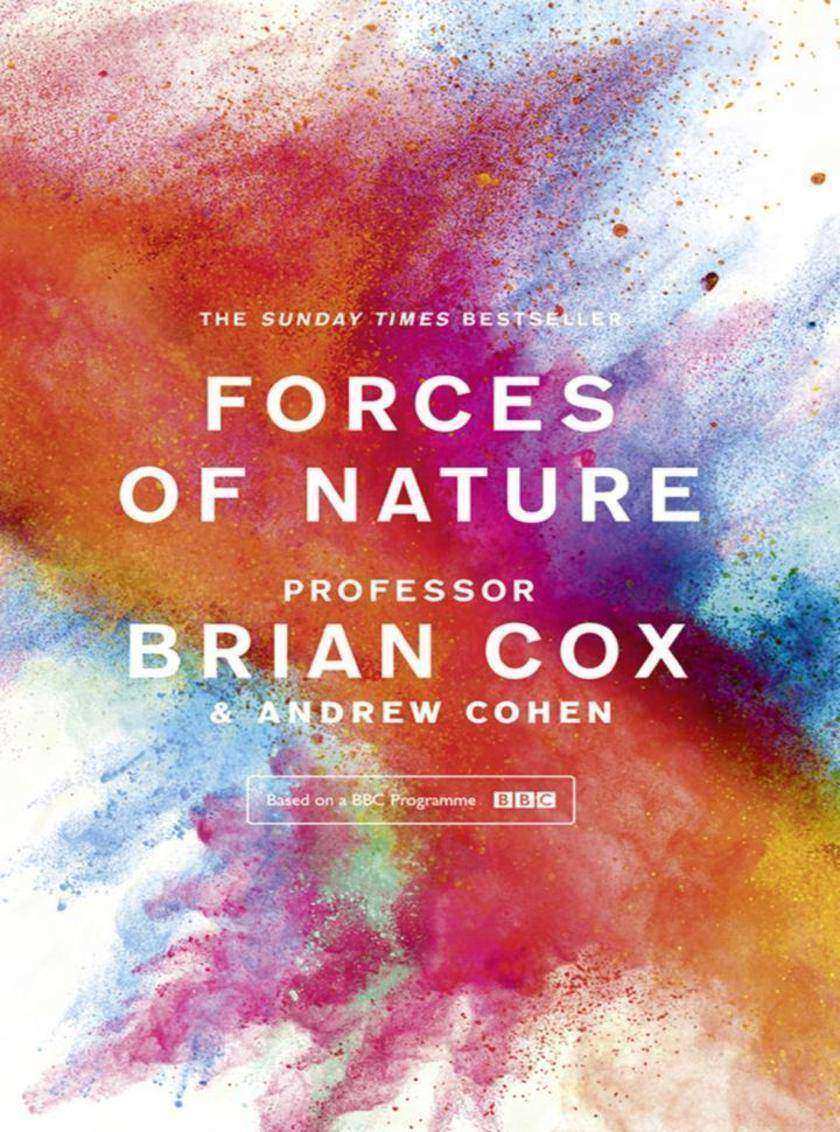
Forces of Nature
¥66.22
Professor Brian Cox, OBE is a particle physicist, a Royal Society research fellow, and a professor at the University of Manchester as well as researcher on one of the most ambitious experiments on Earth, the ATLAS experiment on the Large Hadron Collider in Switzerland. He is best known to the public as a science broadcaster and presenter of the popular BBC Wonders trilogy. Andrew Cohen is Head of the BBC Science Unit and the Executive Producer of the BBC series Human Universe. He has been responsible for a wide range of science documentaries including Horizon, the Wonders trilogy and Stargazing Live. He lives in London with his wife and three children.
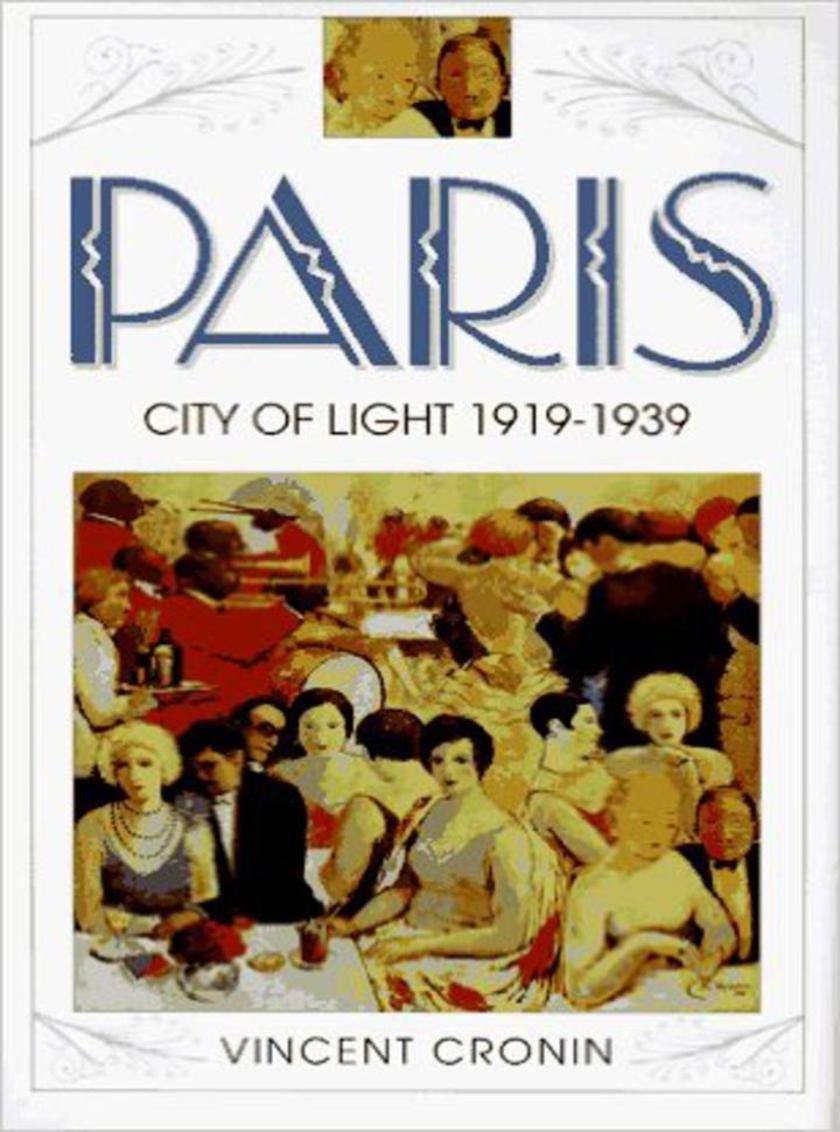
Paris, City of Light: 1919–1939 (Text Only)
¥154.12
In the early days of Cubism, when writers and painters led bohemian lives in Montmartre, a familiar figure in the studios and cafes was a young journalist named Roland Dorgelès. With high brow, long straight nose, lean face and steady blue eyes, smartly turned out, often in a long black coat with astrakhan collar, he was well liked for his cheerful manner, vein of poetry and adventurousness.Dorgelès came of petit bourgeois parents. The father, a travelling textile salesman, was often absent and did not get along with his wife, who transferred her affection to her only son without however becoming possessive. She gave him a Catholic upbringing and encouraged him to read good authors, his favourites being Molière and Courteline. After an unsuccessful spell at the Ecole des Arts décoratifs he decided on a literary career. He became a journalist of the Paris scene, had two short plays put on and indulged in light-hearted practical jokes: calling the fire brigade to extinguish a nonexistent fire in the flat of a rival in love and, on another occasion, to protest against the thick glass on certain paintings in the Louvre, installing himself in front of one such painting, producing razor, cream and brush, soaping his face and calmly shaving as though in front of a mirror.

BANANAGRAMS? Secrets: The Inside Track on Becoming Top Banana (Collins Little Bo
¥51.50
Writer and magician Deej Johnson is aBANANAGRAMS? fanatic! Deej serves asa creative consultant at BANANAGRAMS? and claims that hisformer high-school teacher, Janise Marillat, summed him upbest in an annual report that said: “Deej’s cheerful smile oftengets him out of difficult situations… Unfortunately, these areusually situations that he creates himself.”
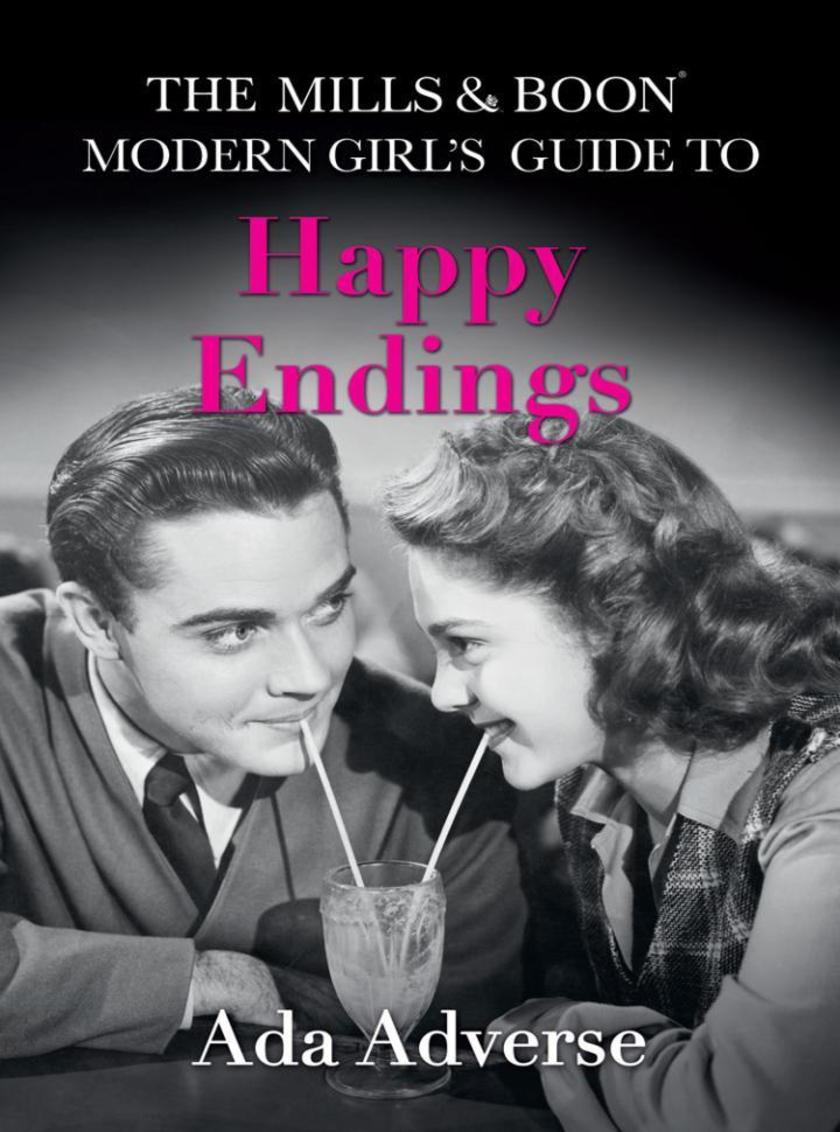
The Mills & Boon Modern Girl’s Guide to:Happy Endings:Dating hacks for femin
¥51.50
Ada has been married eight times, including on one occasion in the early 90’s to a rock – a full twenty years, you’ll note, before Tracy Emin came up with the same idea. Unlucky in love, all of Ada’s partners have died in tragic circumstances, mostly unexplained fires. Ada’s interests include life insurance policies, petrol and topical poisons.
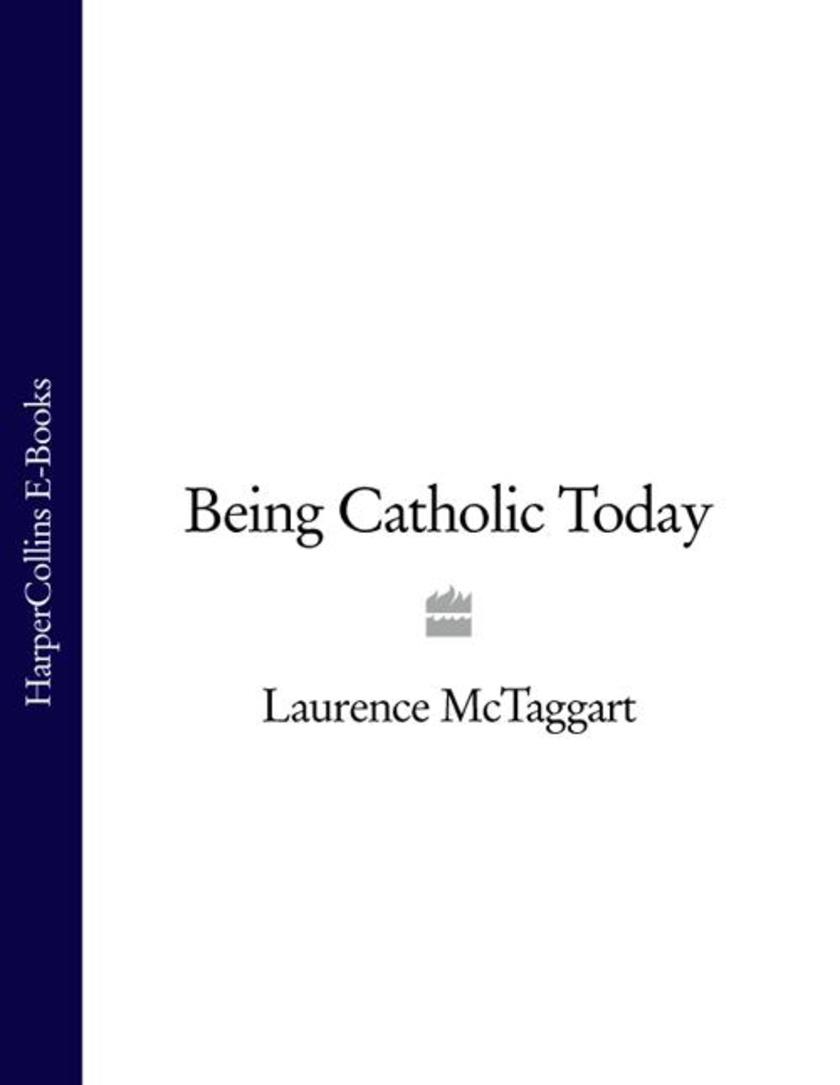
Being Catholic Today
¥61.51
Fr. Laurence McTaggart grew up in Nottingham. In 1991 he became a monk of Ampleforth Abbey in Yorkshire.

Nop?ile aman?ilor
¥53.33
Continuarea romanului bdquo Zilele aman?ilor ldquo;. bdquo Aman?ii Corinei Ozon, atacirct Zilele, cacirct ?i Nop?ile lor, sunt deja mai mult decacirct simple c?r?i, sunt un fenomen: peste tot se vorbe?te despre ei, ?i sim?i imediat c? trebuie s?-i cuno?ti ?i tu. ?i, dac? o faci, sigur nu regre?i dup?: Corina te conduce cu un stil inconfundabil icircn lumea lui Mircea ?i Cati, unde vei racircde, vei a?tepta cu sufletul la gur? urm?toarea aventur?, vei pica pe gacircnduri, vei reflecta la propria ta poveste de dragoste. Cu o scriitur? bine ?lefuit?, Corina Ozon din Nop?ile aman?ilor apas? ?i mai tare pedala fa?? de romanul ei de debut. Se cite?te repede, e savuroas?, memorabil? ?i, inevitabil, te face s? vrei mai mult! (Cristina Nemerovschi) bdquo Scriitura Corinei Ozon reu?e?te un lucru cu adev?rat dificil. S? abordeze icircntr-o manier? lejer? un subiect aparent frivol ?i s? dea icirc;n acela?i timp impresia de seriozitate ?i profunzime. De fapt, textele Corinei nu sunt frivole, dar relev?, icirc;n maniera unui Milan Kundera, de exemplu, superficialitatea ca structur? a lumii ?i, icircn special, a lumii oamenilor moderni, care iubesc pe fug?, colorat, zgomotos ?i la limita inconsisten?ei. Literatura aceasta se cite?te cu pl?cere ?i cu anxietate pentru c? ne reg?sim total icircn ea, pentru c? placircngem ?i racircdem icircn ea, pentru c? ne privim ca icircntr-o oglind?. Iar racircsul, iar??i icircn cheia lui Kundera, survine eliberator din contemplarea zadarnicelor ?i ve?nicelor chinuri ale dragostei, puse iar ?i iar icircn acelea?i laquoridicole iubiri raquo.(Doru C?st?ian)




 购物车
购物车 个人中心
个人中心



